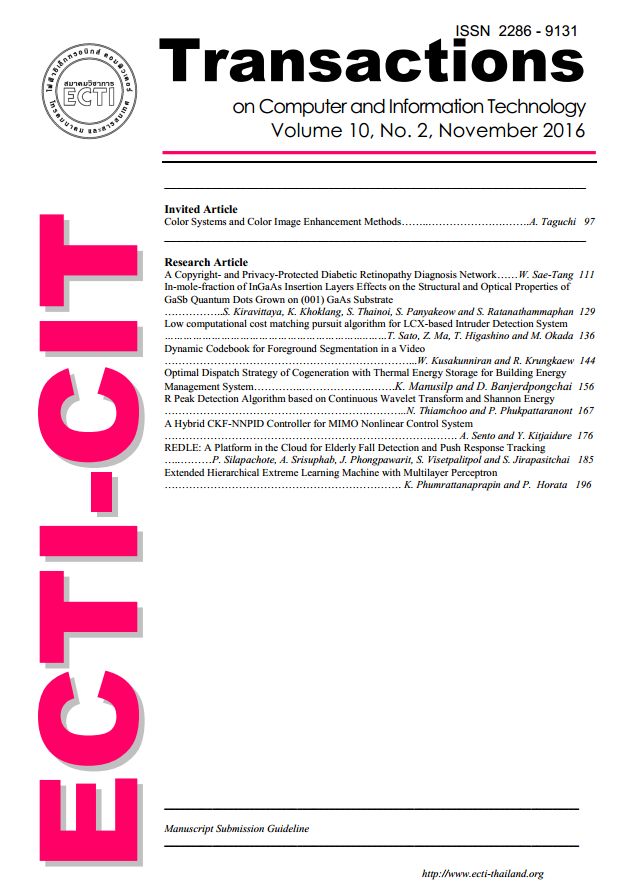An Application of the Probabilistic Model to the Prediction of Student Graduation Using Bayesian Belief Network
Main Article Content
Abstract
This paper proposes an alternative to the prediction of education accomplishment. It employs a data mining technique, the Bayesian belief network (Bayes net). The technique is used to analyze the independent variables that affect the education accomplishment result of vocational students, undergraduate students and graduate students. The machine learning tool, WEKA, is used to construct the prediction model that is accurate for the prediction based on k-fold cross-validation. The experimental result shows that the Bayes net technique is able to determine important variables for the prediction of the result of education accomplishment and this technique provides high prediction accuracy. From the models constructed by WEKA, we find that the important variables that affect the education accomplishment are the previous GPA., mother and or fathers career, the total income of the family and the grade point average when they enter the first year in bachelor study. The obtained result is consistent with the result analyzed by multiple regression analysis.


